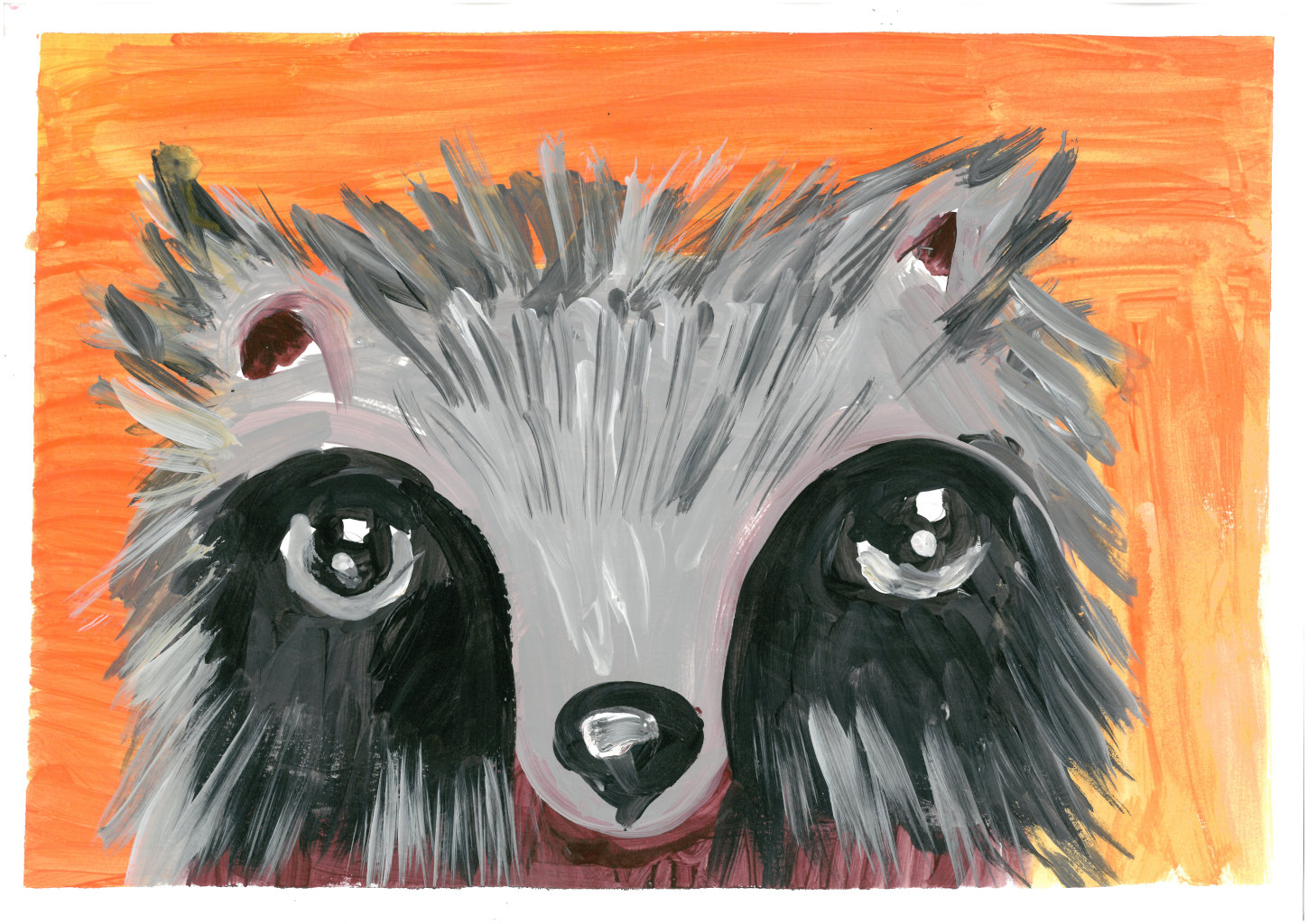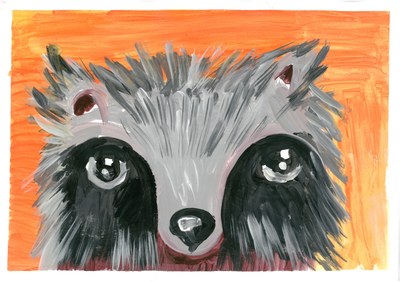About
CULIVIAN is the abbreviation of a research group based at the University of Valencia (Spain) and named “Culturas literarias y visuales del animal” (“Animals in literary and visual cultures”). The group was founded in 2020 and is formed by scholars from different fields. Our research as a group is centered on the study of the representation of nonhuman animals in European and North American literature, as well as in different types of (audio)visual media (film, theater, television, photography, painting, sculpture, etc.). In this way, we aim to contribute to the fields of Animal Studies and Critical Animal Studies, which have, in recent years, redirected the philosophical conceptualization of “the animal” and reinvented the exegetical methods through which to approach the aesthetic representation of nonhuman animal otherness. We rely on recent philosophical and scientific theories on nonhuman animal subjectivity and their implications: from studies on language, consciousness and sentience to resulting ethics and their reflection in law, animal welfare policies, and/or animal rights and liberation principles.
Our aim is to study and compare how works by different authors, artists or other types of creators may offer alternative aesthetic treatments that challenge anthropocentrism and contribute to ongoing conversations about the nature of nonhuman animals, in all their plurality. Such revisionism allows us to continue examining the semiotics that connect the literary and visual cultures of different nations, traditions or communities with the ethics that render nonhuman animals as moral subjects. Nonhuman animals are reinvented, consumed and/or experienced in multiple ways at a literary and (audio)visual level. By reaching beyond the most traditional and historically rooted allegories and systems of interpretation to which they have been subdued, we seek to discuss the conceptual and artistic parameters that are so much a part of the so-called “animal turn”, that subvert the term “species”, and that implode the cultural categories and binary oppositions that anthropocentrically structure nonhuman animal otherness. Given the complexity inherent to the representation of nonhuman animals, we aim to explore these issues from a transversal and interdisciplinary perspective, strengthened by the different academic backgrounds of the members.


